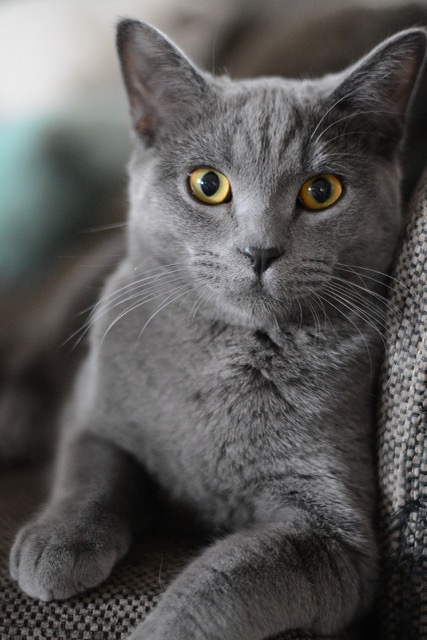
Her treatment seeks harmony
by Mike Patrick. Connecticut Post Sunday, September 3, 1995
Fairfield - When Marcie Fallek tells you that your pet is in disharmony, she isn't commenting on its singing voice.
Slowly, but perhaps not surprisingly, holistic healing trends such as homeopathic medicine and acupuncture are spreading to the pet-care industry. Fallek, a veterinarian for 10 years, is an example.
Her business card refers to her as a "certified veterinary acupuncturist," and that she is, having undergone hundreds of hours of training and passed strict examinations given by the International Veterinary Acupuncture Society, a group which has certified only 500 animal acupuncturists in the world, Fallek said.
"The initial thing that got me interested in practicing it myself was when my dog suffered from arthritis, and I didn't want to put her on conventional medicne," she said. "I've always been involved with more holistic forms of healing."
Fallek was introduced to acupuncture in the early 1970's when she was living in London, where the practice was more accepted at the time. There, she sought out an acupuncturist to cure her insomnia, and she was impressed by the Eastern method of practicing medicine.
"Western medicine can be very good with acute illnesses, but they lack success with chronic illnesses that don't respond initially well with drugs," she said.
"Unfortunately, most people in this country go to acupuncture as a last resort."
For instance, she said, a customer had a cat that habitually licked itself, a common, but sometimes dangerous problem.
Traditional treatment from steroids worked for awhile, but the cat's body build up an immunity to them, which is usual.
It was then treated with hormonal supplements, which caused the cat to develop mammary tumors.
Finally, the pet owner decided to treat the cat with acupuncture. After a few sessions, she said, the cat was fine.
"This is a perfect situation for a natural treatment," Fallek said, adding that the pet owner would have saved money and aggravation had the cat been treated with acupuncture from the beginning.
Not that Fallek doesn't use conventional medicine. After all, she is a veterinarian, therefore strongly rooted in Western medical beliefs.
Besides, sometimes acupuncture just doesn't work.
However, she said, "The more I get involved in it, the more I tend to believe the validity of the Eastern point of view."
And that's good, because as an acupuncturist, the Eastern point of view is the only one by which the success of acupuncture treatments makes any sense.
Western doctors have tried for years to unlock the secrets of why a series of needles stuck into certain points of the body seems to cure everything from asthma to headaches to drug addiction.
Theories say it may work because the needles release endorphins, or because they are placed near nerves or blood vessels, but no one knows for sure.
In the West that is.
Eastern traditions says illness is due to a disharmony within the body.
The needles help energy flow through the body, balancing or harmonizing it.
"From the Eastern point of view, we talk about energy as matter, and we're basically energetic beings as well as physical beings," Fallek said. "The body is a self-healing organism."
That goes for animal bodies, too. Although cats, she said sometimes don't take kindly to being stuck with needles (even though acupuncture doesn't hurt), dogs seem to not mind it at all.
Take, for example, the dog Fallek is treating now.
The dog, owned by Trumbull resident Carolyn Lynch, has inflammatory bowel disease.
It's had X-rays, blood tests, been put on steroids and antibiotics, and the Fallek's acupuncture treatments. Not only did the dog's vomiting and diarrhea clear up, but a skin condition and ear problem were cured as well.
Another dog in harmony with itself, in harmony with the universe.